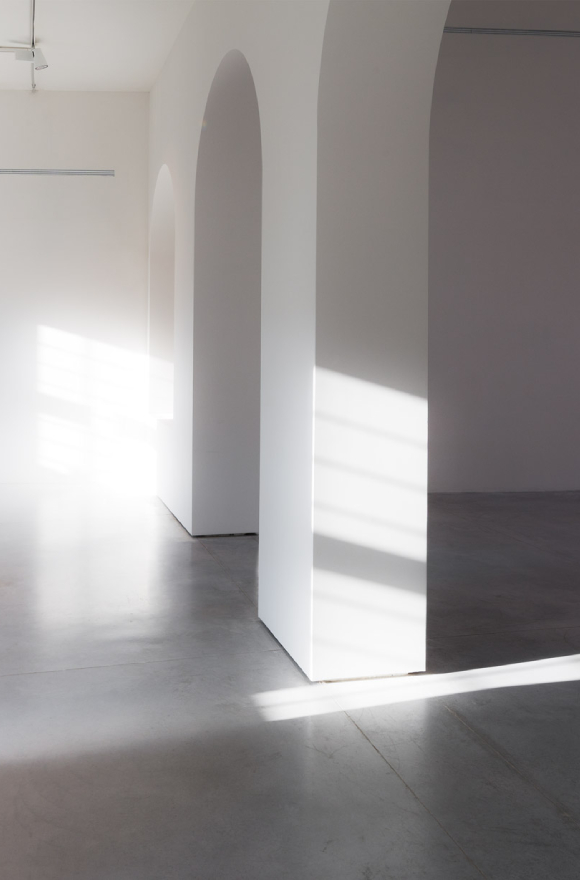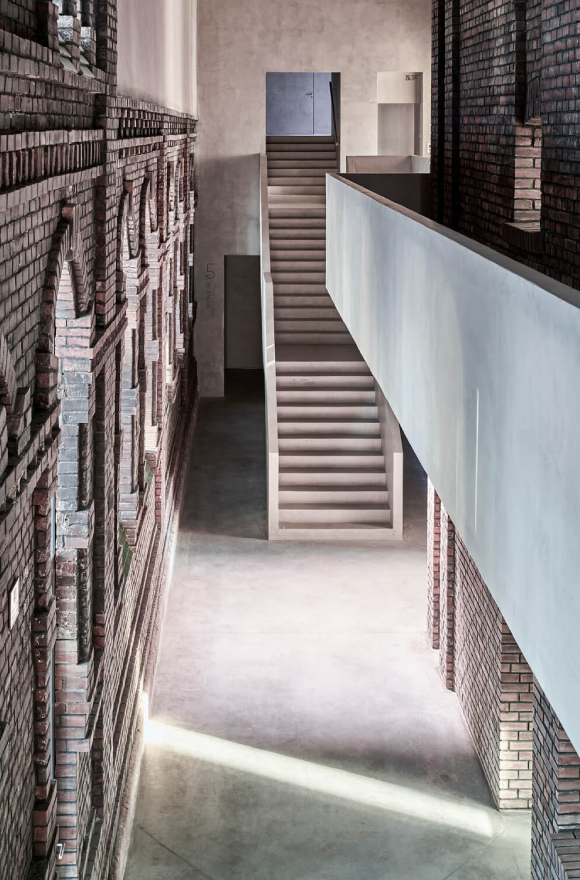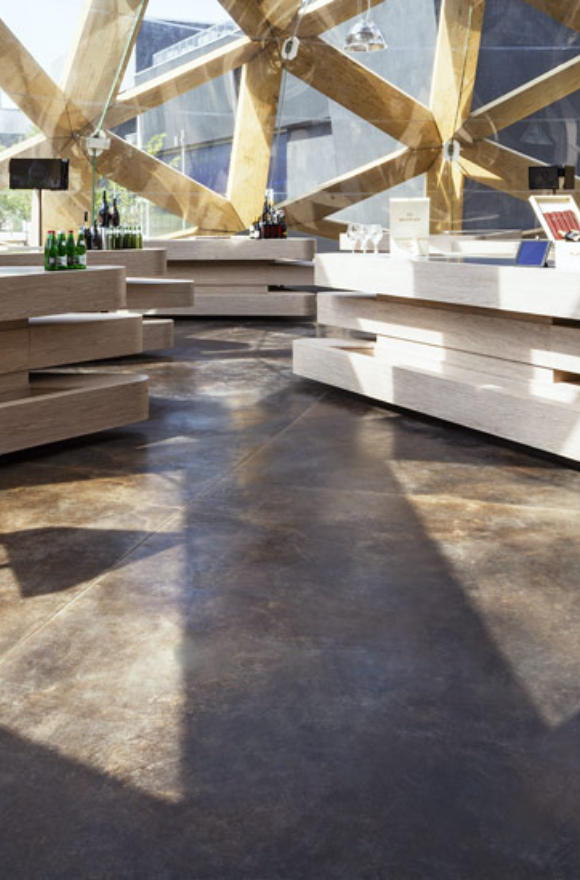Industrial floor: complete guide
Once reserved exclusively for warehouses, industrial buildings, and production sites, industrial flooring has now become a sought-after solution in commercial, retail, and residential settings—thanks not only to its extreme durability but also its enhanced aesthetic appeal.
In this complete guide, you’ll find out:
– What industrial flooring is and its distinguishing features
– The main technical types of industrial flooring
– Where it’s most suitable and why
– Concrete advantages compared to other solutions
– Why it’s suitable for homes, showrooms, and hotels alike
– Prices, maintenance tips, and styling advice
What is industrial flooring?
Industrial flooring is designed to withstand extreme stress, whether mechanical (impacts, heavy weight, wear), chemical (oils, acids, solvents), or environmental (humidity, temperature fluctuations, continuous traffic). Its purpose is to deliver top-tier technical performance, often under very demanding conditions.
But today the conversation goes beyond pure functionality: solutions like Nuvolato Architop® and Microtopping® pair traditional strength with significant aesthetic appeal, turning floors into genuine design features.
Types of industrial flooring (Pros & Cons)
Industrial concrete
The go-to choice for warehouses, logistics centers, and factories.
PROS
– Extremely durable
– Cost-effective across large areas
CONS
– Rough, unfinished look
– Prone to cracking if not properly installed

Nuvolato Architop® Concrete
A patented solution that replicates the look of concrete in just 3–4 mm thickness, with no demolition required.
PROS
– Rich, contemporary aesthetic
– Highly durable—even outdoors
– Available in multiple colours
– Compatible with underfloor heating
CONS
– Its application requires expert installers; not suitable for DIY

Microtopping®
A seamless decorative microcement that can be applied over existing surfaces (including tiles).
PROS
– Ultra-thin (up to 3 mm)
– No visual joints
– Utmost custom possibilities
– Suitable for both interiors and exteriors
CONS
– Less resistant in extremely heavy industrial contexts

Acid-stained floors
A technique that chemically colours concrete to create variegated chromatic effects.
PROS
– Vintage, patinated look
– Guaranteed uniqueness
CONS
– Style may not suit all tastes
Where to use industrial flooring
Industrial settings
– Warehouses and logistics hubs
– Manufacturing plants
– Workshops
– Garages
– Laboratories
These environments demand surfaces resistant to forklift traffic, heavy loads, and chemical exposure.
Commercial and public spaces
– Showrooms
– Shopping centres
– Modern offices
– Hotels & restaurants
– Galleries, museums, libraries
Modern industrial flooring stands out for its clean, contemporary appearance—ideal for busy spaces that also need a refined look.
Residential interiors
– Urban lofts
– Modern villas
– Minimalist apartments
– Industrial-style homes
– Open-plan kitchens, bathrooms, living areas
At home, industrial flooring is often chosen for both functional and stylistic reasons: formal simplicity, durability, seamless surfaces that interact well with light and furnishing.
Industrial flooring and interior design
The industrial style is built around raw materials, textured finishes, and functional elements turned into design features. Industrial flooring is key to this style.
How it integrates
– Paired with exposed brick, metal beams, or glass
– Complemented by minimal, vintage, or modern furniture
– In neutral tones: concrete grey, taupe, charcoal, beige
– Ideal for open-plan spaces thanks to visual continuity
Cost, maintenance, and durability
Prices vary based on area size, installation complexity, finish type, and substrate preparation needed.
Maintenance is minimal:
– No joints, so no dirt or water ingress
– Optional protective finishes (water-repellent, stain-resistant)
– Cleans easily with neutral detergent
When properly installed, an industrial floor can last decades.
FAQs
Can I install it over existing flooring?
Yes—especially with Microtopping® and Architop®, which don’t require demolition.
Is it compatible with underfloor heating?
Yes. Most Ideal Work systems support it.
Is it prone to scratching?
That depends on the finish. Options protected by resin are highly scratch-resistant.
Is it cold to the touch?
Less so than marble or porcelain, but cooler than wood.
Can I use it in bathrooms and kitchens?
Absolutely—it is very popular in humid environments.